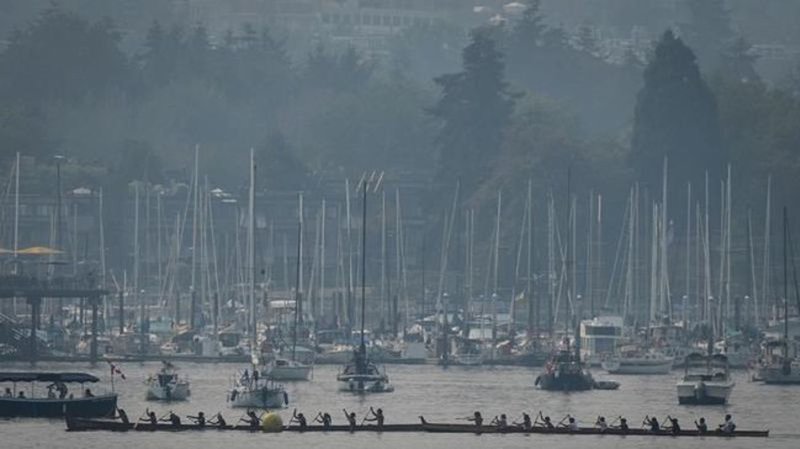
Wildfire in B.C.’s Peace region doubles, no rain expected for relief
HUDSON’S HOPE, B.C. — The BC Wildfire Service says a fire in British Columbia’s Peace region has grown out of control due to high winds, noting temperatures are expected to increase and no precipitation has been forecast for the area.
Information officer Sarah Hall said Sunday the Battleship Mountain fire has doubled in size to 2.4 square kilometres since Friday after being sparked by lightning on Aug. 30.
Dry conditions have persisted for about five weeks, she said, adding crews are working to protect critical infrastructure, including the W.A.C. Bennett Dam and a wooden bridge, while trees in danger of falling are being assessed.
The District of Hudson’s Hope has asked residents who were ordered to evacuate on Saturday to register in person at an arena in Fort St. John, about a one-hour drive away, while those not needing services are being advised to call the reception centre to inform officials they are safe.


